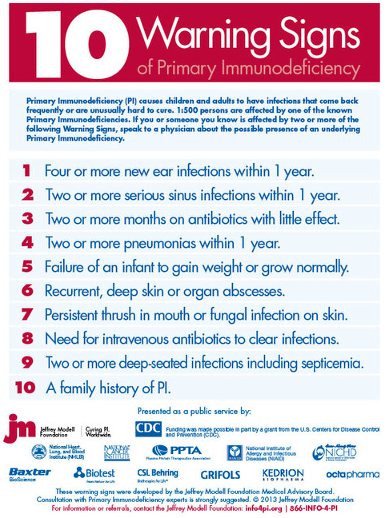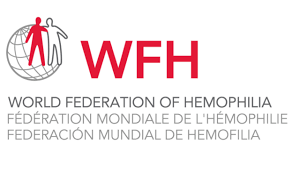Born this way
On one of my flights I was listening to music and heard a song from Lady Gaga with the title “Born This Way”. I liked the music, the energy and started to think about the title.

A child does not ask where she or he is born and will grow up in the country where the first breath will fill the lungs. From that moment on this child is on its journey to adulthood and (in its innocence) has no idea what the future will bring.
From the moment walking begins and when first contacts with other children occur, life will change. The majority of children will occasionally deal with health issues and fully recover, some will not.
Everybody knows that there are many infections to which children are exposed during kindergarten and primary school – infections that they bring home affecting the parents as well. It is at that time that some children have more infections than others and seem not to respond the same way. Some children have a primary immune deficiency and will suffer from more infections, facing many days, weeks, months of sickness and will miss school unless there is awareness and the right expert is consulted, resulting in the right diagnosis.

Some children start their therapy with immunoglobulins and can lead a normal life; almost normal since therapy needs to be given on a regular basis.
Another group are the children with hemophilia. Some young boys are diagnosed at a very young age when the complications after circumcision are the first symptoms of a bleeding disorder. Other children have more bruises than others and (when they find the right expert) are diagnosed with hemophilia. Once that is done, the therapy to avoid bleeding starts and a normal life with normal life expectancy begins. Again, normal with the exception that regular treatment will be necessary.
The key words here are awareness, diagnosis, early treatment and normal life. Sounds simple doen’t it?
Unfortunately, that is not the case in all countries of the world. I was a few years ago visiting a very large hospital in China and learned that it is rare to see an adult person with hemophilia. This is not because they do not exist, it is because there are insufficient means to make therapy available. From the World Federation of Hemophilia, we know that 75% of all persons with hemophilia have no treatment of all, which means there will be many joint problems and a lower life expectancy.

The answer is not saying “I was born this way” The answer is to find ways to bring lifesaving therapies to all patients in the world. There is a lot of work to do.
Jan M Bult